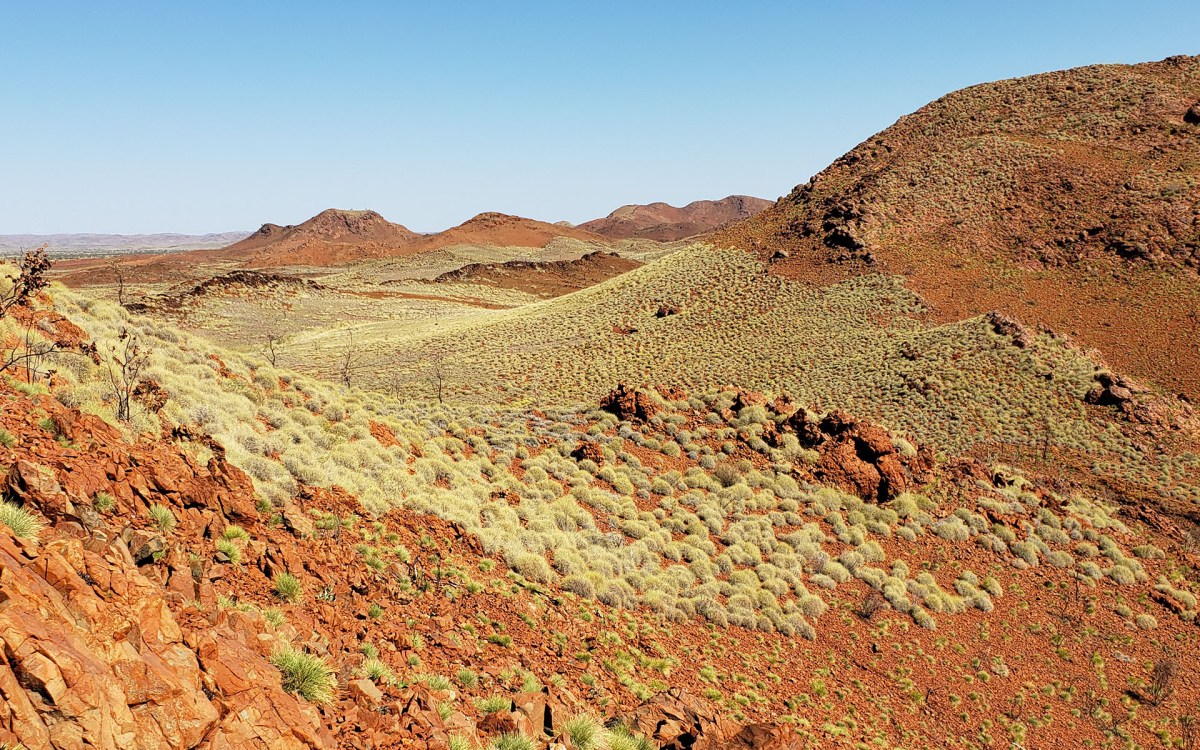Expedition: Blue Planet 2009 explores water
Students team up (at home) to explore world’s life support system
When environmental advocate Alexandra Cousteau left in February on a nonstop, 100-day expedition to critical water sites across five continents, she brought with her a writer, a photographer, an editor, and a support team of more than 60 researchers, all Harvard Extension School students. But the students needed no airline tickets. From their desktops in Cambridge and its environs, these intrepid virtual explorers provide critical support for the expedition team’s field activities.
“Expedition: Blue Planet” is an exploration of water — the life support system of the world — through which Alexandra Cousteau’s team chronicles the interconnectivity of water issues at sites around the world. As the core team travels to India, Botswana, Israel, the West Bank, Jordan, Cambodia, Australia, Mississippi, and the Red Sea, the student-volunteers back at Harvard have become a crucial part of the process, lending their writing, blogging, and research skills to the team’s efforts.
Students in both the Harvard Extension School’s environmental management and educational technologies programs are participating in this collaborative project. While some students opted for researching and reporting responsibilities, others are developing a complementary curriculum for school-age children in an effort to engage youth around the world. Others are drafting action items and making recommendations to government leaders and policymakers to appreciate water issues as crucial, and to recognize that water will be the primary medium through which climate change will be felt. The researchers also hope to solicit the help of international students who have conducted their own research and projects.
“We’re delighted to have this outstanding opportunity to collaborate with Alexandra Cousteau on this important expedition,” said George Buckley, assistant director of the Extension School’s environmental management program. “Our students will learn firsthand about the critical challenges facing our world’s water resources and at the same time gain valuable skills in advocating for a cause through social networking, community engagement, and curriculum development.”
The essential substance water is an ideal lens through which to explore the key environmental issues of our time. Alexandra said, “Water is the heartbeat and gauge of climate change and health and is the one thing humans the world over agree should be protected. For many, it’s as close as the nearest tap or drinking fountain, and yet few fully understand how interconnected the water ecosystem is and how integrally our lives are linked to it.” A key aspect of the project will be its ability to show how individual stories are part of the larger, universal story of an interdependent, global water ecosystem. “In this way, we will create a new vision for what it means to live in a world where water is our most precious resource — how it connects us all — and a plan for what we must do to protect it.”
The project will produce a library of information and footage, which Alexandra Cousteau hopes will engage viewers around the world. The project has already piqued the interest of CNN International, which will feature expedition footage on its Web site and cover how the team reveals their story to the world. Alexandra Cousteau has also developed several syndication partnerships and will distribute footage to Yahoo.com, MSN.com, and NatGeo.com for posting as the team progresses.
“Water resources affect us all and we must look at how we manage them,” said Alexandra. “With assistance from the Extension School students, the expedition will serve as a springboard to push important ideas out there to the world. The response from the Harvard Extension School community has been overwhelming.”
“The diversity of talent in this group has been the most inspiring aspect of the project for me,” said Mike Mahoney, environmental management degree candidate in the Extension School and coordinator of volunteers. “I’ve managed large groups before, but never with such abilities and breadth of knowledge. For instance we have a biologist, chemist, engineers, software developers, lawyers, housewives, and moms, too. Working with this group — and how we all became a bit closer — has truly been special to me.”
Alexandra Cousteau’s global initiative, Blue Legacy, seeks to inspire and enable individuals to protect not only the ocean and its inhabitants, but also the human communities that rely on the purity of freshwater resources. She was honored as a member of National Geographic’s “Emerging Explorers” Class of 2008 because of her extensive work and relentless dedication to environmental issues. Alexandra is the granddaughter of legendary explorer Jacques-Yves Cousteau.
Regular updates on the expedition team’s activities, with contributions by Harvard Extension School students, are available at the Blue Legacy Web site.





